The White House Asks: Are You Up to the Challenge?
2nd September 2015
By Daniel Webster Jr.
Resiliency Post Hurricane Sandy. Robocall elimination. Maximizing parts of space shuttles. Revamping Personal Protective Suits. All have been challenges issued by the federal government for the general public to solve. And all have been answered by individuals and organizations, not just in the U.S., but all around the world. For the winning solver, money is granted based on the size of the impact challenge. A win-win for all who are involved.
“Do you know what the Orteig Prize is,” asks Jenn Gustetic, the Assistant Director for Open Innovation at the White House’s Office of Science and Technology Policy, of the COIN Summit’s audience sitting in the Seawell Grand Ballroom.
A smattering of hands raise up.
“Do you know who Charles Lindbergh is?”
Most of the hands in the room shoot up.
“We remember Lindbergh, but not the prize, but the prize is why we know about Lindbergh,” referring to the $25,000 the pilot won for his non-stop flight from New York to London.
While impact challenges are nothing new to governments or despots, going all the way back to Napoleon Bonaparte who incentivized canning technologies to keep his troops fed while they moved across the continent, the charge for innovating in highly bureaucratic systems is difficult.
Impact challenges, however, had been stalled for quite some time in the U.S. until President Obama made a commitment in 2009 stating:
“The federal government should use high risk, high reward policy tools such as prizes and challenges to solve tough problems.”
In 2010, challenge.gov was created, a platform for 75 agencies across the federal government that seeks solutions for technical, creative, and scientific problems from the public.
“This platform levels the playing field. So when you’re playing in a prize competition, where everybody’s got the same deadline, everybody’s got the same performance criteria, new players feel like they can enter our market and enter that competition in a way that they wouldn’t feel comfortable in an RFP environment,” says Gustetic.
For example, The Department of Veteran Affairs put a call out to adapt gaming controllers on the Wii to conform to those with limited ranges of motion and limit multiple button pushing. The prize is $10,000.
For those Denverites worried about sinkholes opening up on their street corner, one previous challenge prize (and currently under review) calls for new technology that can detect sinkholes in all types of soil conditions.
Gustetic seems anxious to let the audience see as many of these examples as possible in her time on the main stage. Her litany of competitive examples include a desalination project, how to protect health workers on the front lines, and how to leverage underutilized IP for breast cancer treatment.
With over 150,000 solvers so far, $120 million in prizes issued, and a coveted Innovations in American Government award granted by Harvard’s Kennedy Center, challenge.gov is challenging the conventional perspective of the feds.
“All sorts of products and innovations can come out of challenges and prizes as a tool, and this is actually a case where the government is a lead experimenter,” says Gustetic.
